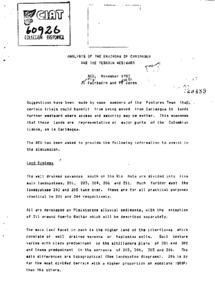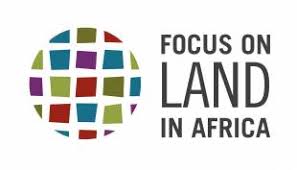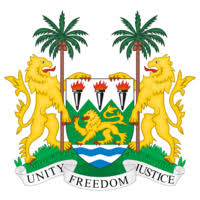Guidelines: land evaluation for extensive grazing
Extensive grazing is the predominant form of land use on at least a quarter of the world’s land surface, in which livestock are raised on food that comes mainly from rangelands. Extensive grazing differs from crop or forestry production, in which the produce remains in situ whilst growing. Evaluation for extensive grazing, unlike that for cropping or forestry, must take into account the production of both grazing forage, termed primary production, and the livestock that feed on this forage, termed secondary production.






